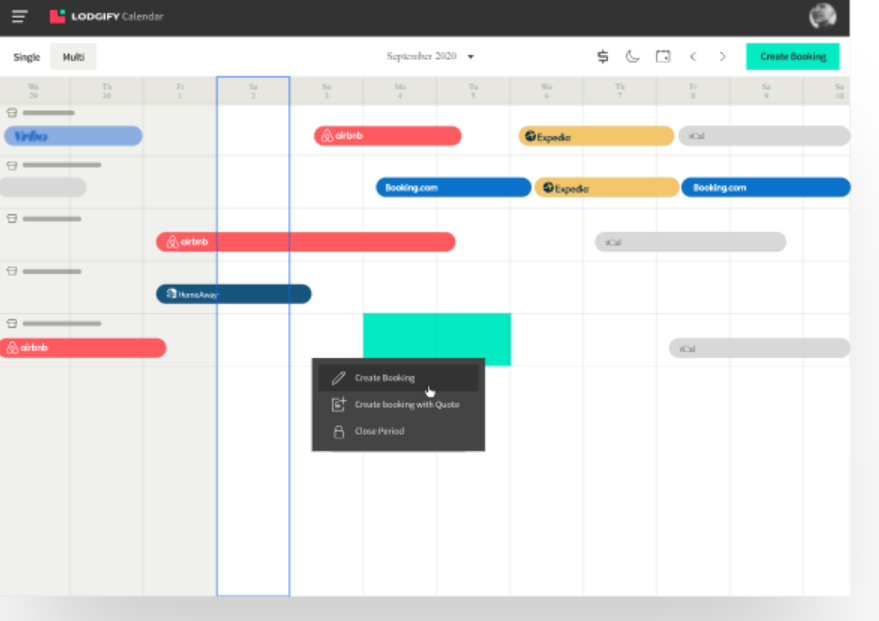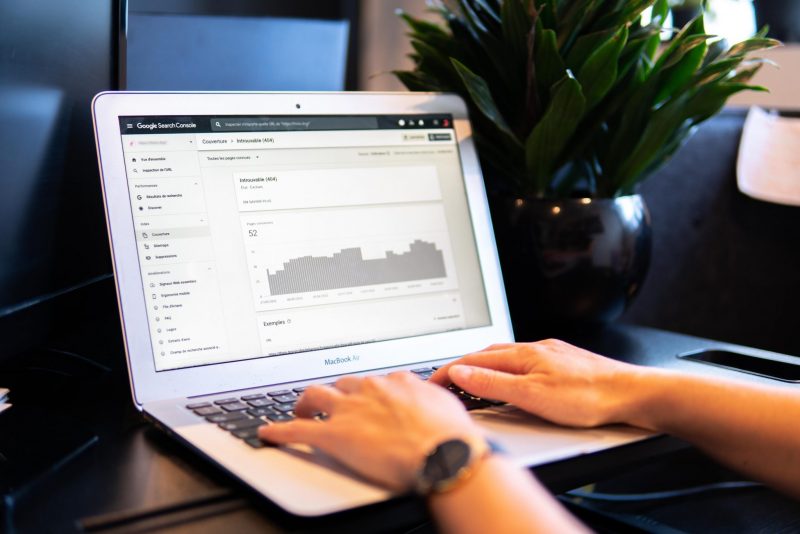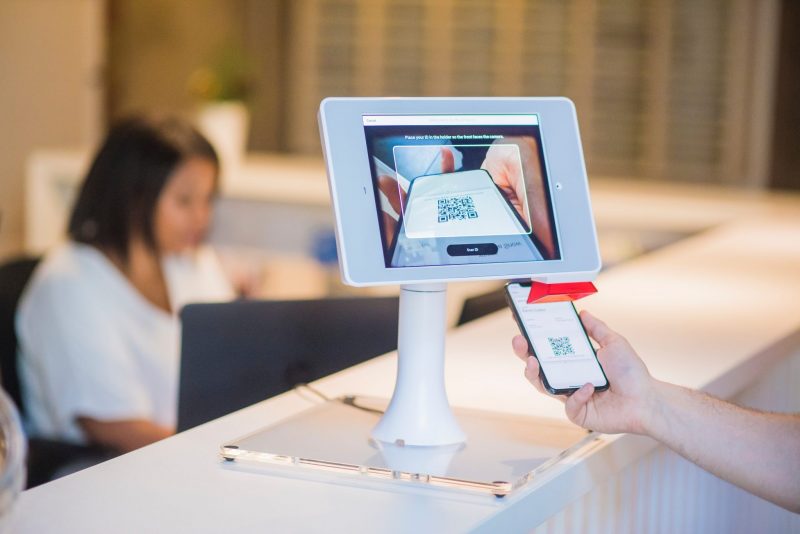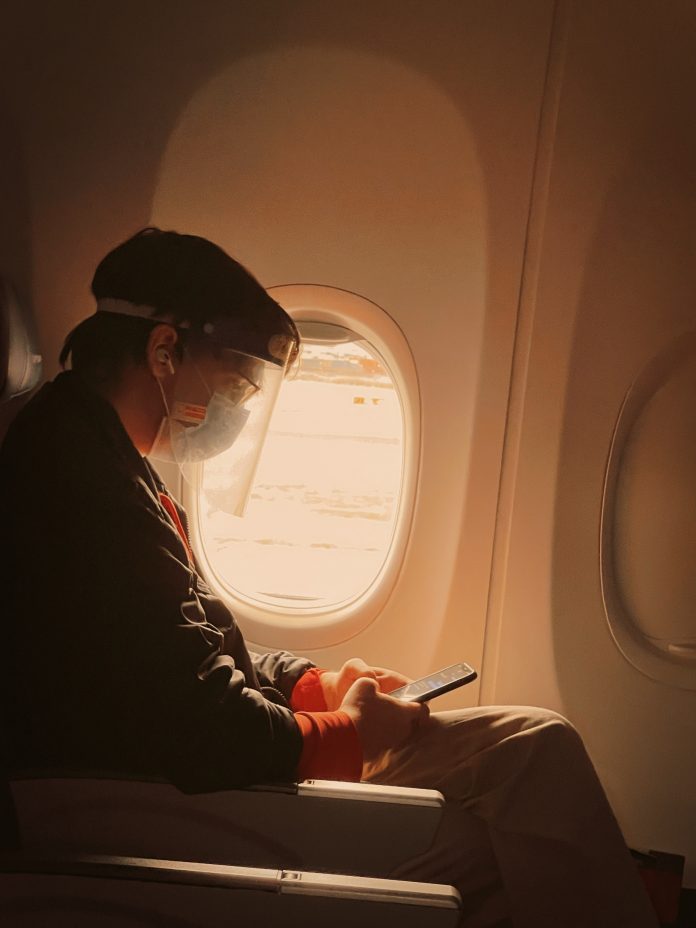The time has come – this is the moment that the entire hospitality industry has been waiting for. As the world relieves itself from the grasp of the COVID-19 pandemic, we finally get to reset our lives and start all over. In 2020, the market plummeted by over 50%. As the borders open, people are eagerly awaiting their next trip, making bookings and travel itineraries. For struggling hospitality businesses, which is most of them right now, this is long overdue.
But, it’s also a challenge.
After the unexpected sweep of all past strategies due to the pandemic, businesses need to adjust and change the way they operate. People have different requests now, different demands and expectations. To beat the competition, you need to stand out from the competition – and fast.
The Must-Do Tricks for Hoteliers in 2021
As travel recovers, so should your hotel. This is the time to envision your strategies for the months and years that follow. That being said, here are five amazing tips to get you on the right track.
1. Choose your management software
This is the worst time to make mistakes in reservations, miss out on clients’ messages, and have a disorganized staff. Luckily, everything can be resolved with the right resort management software. Tools like Lodgify make the lives of hoteliers thousand times easier – and guests more satisfied with the service.

Now is the time to go digital. If most bookings were made online in the past couple of years, imagine how much the numbers will increase now that people are used to doing almost everything online. The pandemic made it essential to work, purchase, and communicate with the help of technology. We are living in a new world today – and it is your job to adjust to it.
Lodgify can make everything simpler for your business. It allows you to fully customize a great website that people can visit to make direct bookings. You can reduce reservation mistakes by integrating all of your booking platforms including the website, Airbnb, TripAdvisor, etc.
Think of this as your all-encompassing solution. With it, you can expect secure reservations, an amazing choice of features and add-ons, and a cloud-based overview of everything that’s going on in your facility. You can use it for things like:
- Simplify accounting processes
- Communicate with guests – and automate the communication
- Assign tasks to employees
- Keep track of employees
- Have instant access to all reservations, etc.
Basically, the management system takes care of those dull, easy-to-mistake daily tasks and allows you to focus more on guest satisfaction.
2. Get help with SEO – and fast!
According to the Global Survey from 2019, pre-COVID, 75% of people were making their bookings online. Those same people have spent more than a year stuck at home, unable to travel, limiting their purchases and communication to technology only.
Where do you think these people will go when they get the chance to travel? They’ll use their phone or desktop, of course! For hoteliers, this means that SEO optimization and online presence are more important than ever.
This is not the time for you to start researching the latest SEO trends or learning how to build a great online presence. Unless you’re an expert in this, it might just be the time for you to make an investment and hire a qualified SaaS SEO agency to help you.
This is your chance to stand out – and you don’t get much time for it. Now that people are finally getting back to making their travel itineraries online, you need to be present all across the Web – and fast. Luckily, companies like Skale are known to provide exactly that – SEO optimization at its best.

3. Adjust to the new way of living
The guests you had two years ago and the guests you’ll get today are not the same, at least most of them. People are tired and overwhelmed, and they have post-pandemic behavior. Most of them have been scared for too long – and some still are. They are cautious and have different priorities than before.
Before the pandemic, your guests came to your accommodation expecting to see great features, good food quality, an amazing view, a comfy bed, etc. Today, their first concern is how clean and safe the hotel is for them. Everything else comes after.
To keep people coming and keep them happy, you need to offer what they’re asking for. Just read some comments on hotels and accommodation facilities online. Most people are describing their experience based on how clean and safe the facilities were.
In most of the comments, you’ll read: “wearing masks was not obligatory, we did not feel safe” and read nothing about the rooms or the food quality.
What does this tell you?
It tells you that this is the time to re-think your buyer persona strategy. You might not get the same guests you had and even if you do, they might have different priorities in mind. Ask them what they need, listen to them, and make sure that you make your accommodation a safe place for them to stay.
4. Use automated cloud-based technologies
This is a new era of technology. The past year might have been disastrous for some industries, including the hospitality industry, but it has been thriving for others. The world of technology, for example, has become stronger and more popular than ever.
Today, some amazing tools can benefit your business. Automated cloud technologies have grown in numbers significantly, aiming to make your life as a hotelier, as well as that of your guests, much easier.
You should use such technology as protective measures – and to improve customer satisfaction. Here are some example of such technologies:
- Mobile check-ins/ check-outs. Let’s face it – after the pandemic, people are less eager than ever to queue up at reception desks and wait in crowds. This can be easily avoided with mobile check-ins (check out Hilton’s check-in, for example). Many solutions allow people to self-check in through apps and use codes to unlock their hotel room doors. If they need you, they should be able to reach out. But, if they prefer to skip this part and self-accommodate instead, this is a great way to maintain a safe distance and optimize their stay.
- Contactless payments. Before the pandemic, this was already trending among users, but it was not as widespread as it is now. During the pandemic, people preferred this option so that they didn’t have to exchange cash and could minimize contact. Paper bills are potential vectors of virus transmission. Thanks to contactless payment options via smartphones and services such as Apple Pay, this is now easier than ever.

- Room service apps. When your guests feel like staying in, or if they have to stay in after showing symptoms, they need to feel safe and taken care of. Long gone are the days when the staff brought a menu first, waited for the order, and brought the meals afterward. People can now easily use apps to order room service of any kind, including food and beverages, as well as make use of different hotel services. Examples of such tools are 2ndKitchen and BBot.
5. Re-think and update your crisis management plan
If last year didn’t teach us that we need to prepare for a crisis, nothing ever will! The pandemic brought on the most unexpected challenges for the hospitality business, making hoteliers rethink their entire business and backup plans. This is the time to think of the future – and come up with crisis plans in case something similar happens.
Onsite testing is one step that many businesses have taken to keep their doors open and COVID-19 out. In addition to other locations in the US, New Jersey coronavirus testing for companies can help prevent an outbreak of COVID-19 at your hospitality business. You can quickly take steps to isolate infected employees, sanitize the property, find coverage, and keep your staff and guests as safe as possible.
Not to mention, the crisis is not yet entirely gone, so you might want to prepare for the COVID-19 related crisis, too.
What will you do if a member of your staff starts showing symptoms? How will you care for guests that have to be quarantined in your hotel because they got sick while there?
Now is the perfect time for you to host a meeting with your team, train your employees for crisis actions, and consider all potential risks that can threaten your business – as well as your team’s and guests’ health. It’s a time to be proactive, so consider all of your options.
Don’t just try and comply with your government rules during the pandemic. Do your best to maximize the safety of everyone involved to avoid a crisis in the first place. But, also be prepared for a crisis coming. Last year taught us that we can never be prepared enough – but at the very least, we can try. Companies that had a good crisis plan have managed to survive on the market easier than those that didn’t.
So, get your planner out and create a list of contact details you’ll share with others. Prepare instructions on how people should act in case of quarantine or crisis. Make sure that guests are informed of your rules and precautions. Finally, prepare statements in case something happens so that you don’t have to work on them during the crisis.
Here it is – the time when the hospitality business can shine once again! All stats were in the favor of the travel industry before the pandemic, which means that now is our chance to rebuild and become stronger than ever.




































